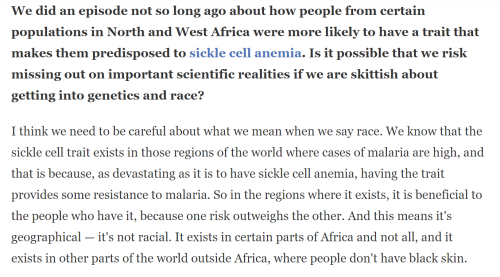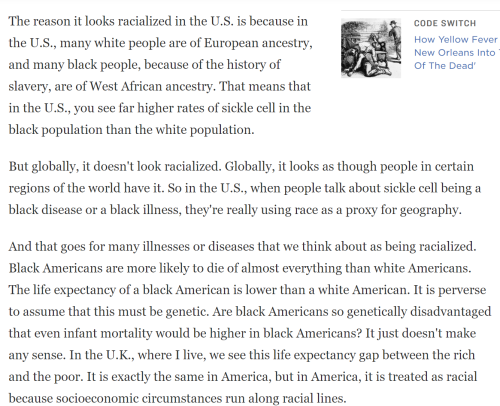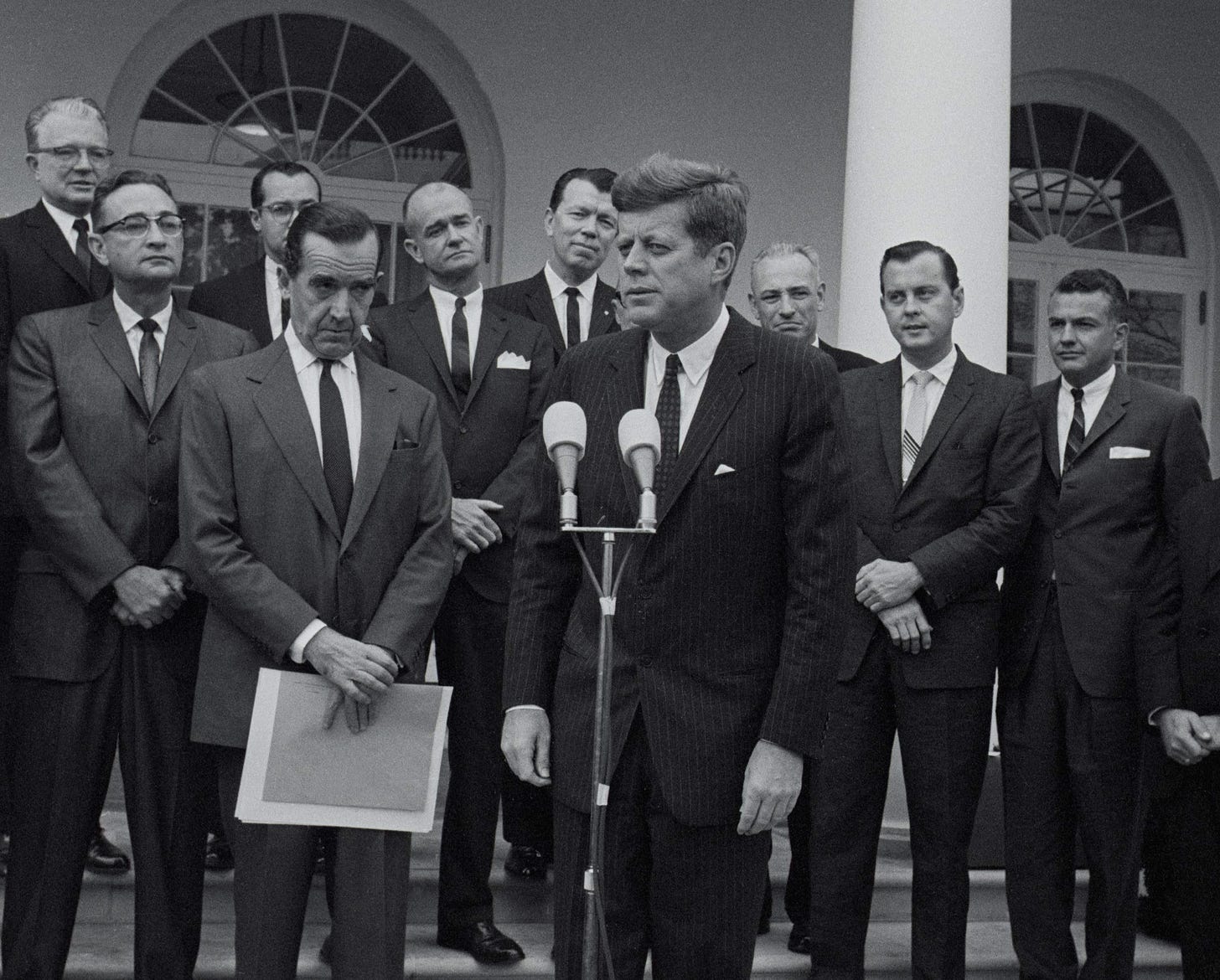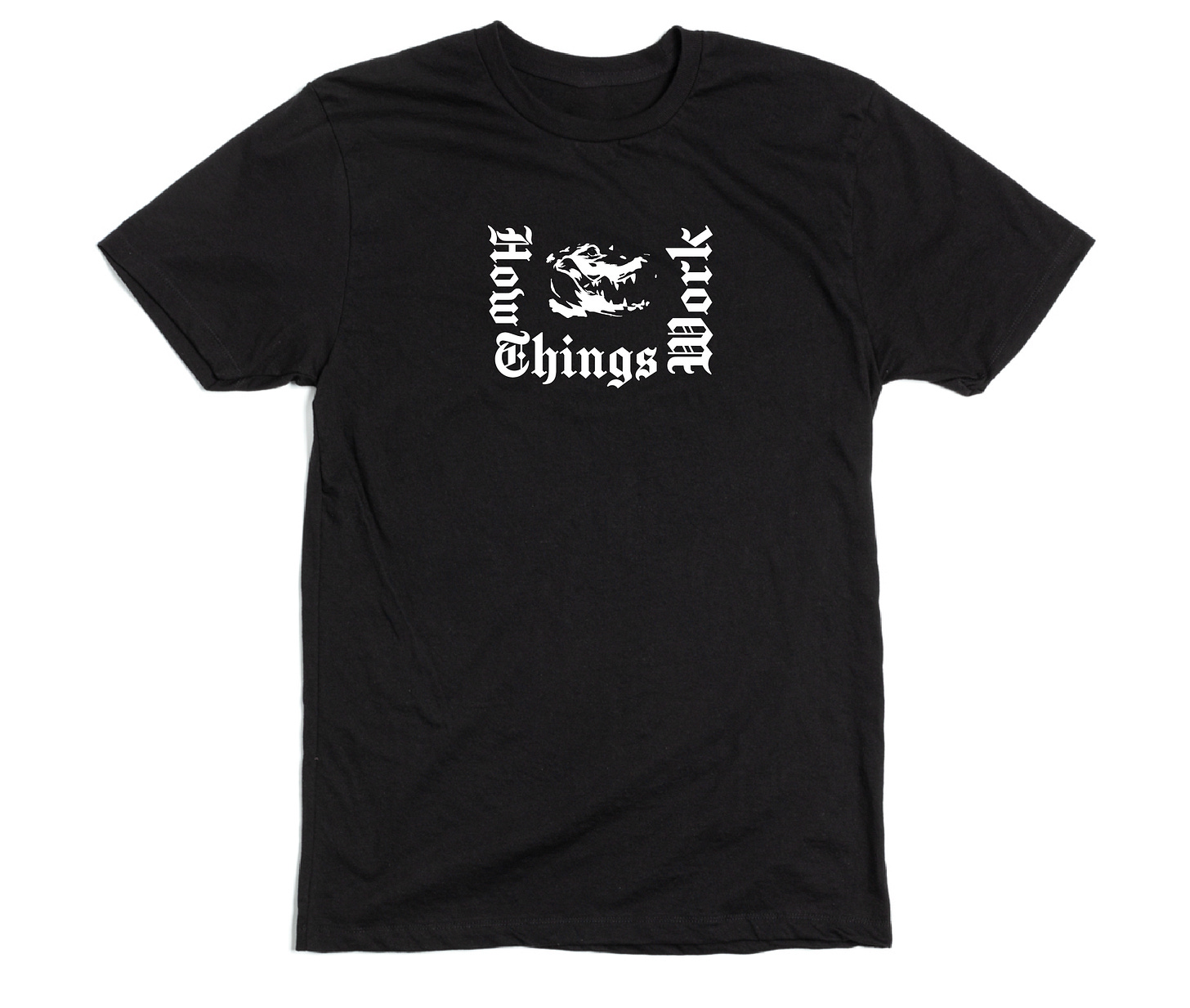Daredevil: Born Again Offers a Much-Needed Corrective to Relentless Copaganda
Published on April 23, 2025
Credit: Marvel Television
- Daredevil: Born Again Offers a Much-Needed Corrective to Relentless Copaganda&url=https://reactormag.com/daredevil-born-again-offers-a-much-needed-corrective-to-relentless-copaganda/” target=”_blank” title=”Twitter”>
- Daredevil: Born Again Offers a Much-Needed Corrective to Relentless Copaganda” target=”_blank” title=”Pinterest”>

Credit: Marvel Television
Midway through the season one finale of Daredevil: Born Again, the mayor of New York City delivers a powerful speech about the dignity of the city’s police force. Positioning himself as someone who understands “the rank and file… down there on the streets, risking their lives to keep New York safe,” the mayor berates his opponent’s moral cowardice.
Scenes like this happen every day on television, but Daredevil: Born Again puts a unique twist on the concept. It’s not just that it occurs in a series about Marvel superhero Daredevil (Charlie Cox), a blind lawyer who uses his enhanced senses to fight crime. Nor is that the mayor is Wilson Fisk (Vincent D’Onofrio), the one-time Kingpin of Crime who has found new power as the elected leader of the city.
No, the twist is that Fisk’s valorizing of the police is presented as deeply sinister. Against the wishes of his opponent, NYPD Commissioner Gallo (Michael Gaston), Fisk has put together a special Anti-Vigilante Task Force and authorized them to use lethal force as they see fit. He justifies his actions not in legal or rational terms, instead grounding his argument in manipulative pathos, insisting that cops have such a hard job keeping people safe that they should be able to act as they see fit, even killing with impunity.
The scene ends with a gory climax, as the cops watch in shock and awe as Fisk crushes Gallo’s head with his bare hands. But as over-the-top as it gets, in one key aspect the scene is incredibly realistic—it’s one of many instances in which Daredevil: Born Again boldly reminds viewers that for many citizens, the criminal justice system fails to provide either safety or justice.
Copaganda on Patrol

The idea of a renegade police force taking hold of the city might seem like a wild concept, a storyline ripped from the pages of an old Marvel comic book, but the focus on police is arguably one of the more mainstream aspects of Daredevil: Born Again. Police and law enforcement have long been fixtures of American popular culture, so prevalent that almost half of all dramatic television produced in 2020 was about cops.
Going far beyond a matter of taste or a mere cultural trend, the prevalence of cop shows and movies has real effects on the way we think about law enforcement. According to scholars such as Alex S. Vitale and Mark Neocleous, modern policing, first in the UK and then in the US, began as a method to oppress immigrants, non-white citizens, and the working class. Yet, thanks to these shows and movies, which has become known as “copaganda,” people are conditioned to think of law enforcement as a necessary social good, something that can and must exist for our protection and well-being, despite mounting evidence that the police do not stop crimes and often make situations less safe.
Copaganda is as old as moving pictures themselves. When Berkley Police Chief August Vollmer came to power in the early 20th century and instituted the reforms that would earn him the title “the Father of Modern Policing,” he took aim at the media, criticizing movies featuring the comedic Keystone Cops and appearing in one of the first examples of movie copaganda, the 1926 serial Officer 444.
In 1949, one of Volmer’s protégés, L.A. Police Chief William Parker, followed in his mentor’s footsteps by working with Jack Webb to create Dragnet, which soon became a television show in 1951. In addition to establishing the procedural model that continues to this day, Dragnet also put an emphasis on greater realism. Each of the episodes purported to be based on a case file from the LAPD (with the permission of Parker and his associates) and each episode portrayed Webb’s Sgt. Joe Friday and associates as consummate professionals, heroes who effectively kept citizens safe from danger.
The model established by Dragnet can still be see in use today in hits like the Law & Order franchise, Chicago P.D., and Blue Bloods, with the same attitudes and narratives reflected even in so-called reality shows like Cops, which tends to valorize police officers even when they disregard and violate rules of conduct while taking down “bad guys.”
Even after the Black Lives Matter movement brought greater attention to police brutality against Black citizens and called for a massive reappraisal of copaganda, TV shows and movies about heroic cops continue to hit our screens. Daredevil: Born Again might seem to follow suit with sympathetic characters such as no-nonsense hostage negotiator Angie Kim (Ruibo Qian) and retired cop-turned-Matt Murdock associate Cherry (Clark Johnson, formerly of Homicide: Life on the Street and The Wire)—both, it’s worth noting, are people of color. However, these good apples are completely outnumbered, buried under an avalanche of disturbingly bad apples, making Born Again a welcome corrective to the familiar narrative we’ve been taught to expect and accept.
Crime and Punishment

As Kingpin prepares for his grisly work against Gallo, the leaders of his task force come face to face with their true inspiration, Frank Castle, aka the Punisher. “I’m a big admirer of your work,” says the task force’s leader Powell (Hamish Allan-Headley), hoping to convince Frank to join them. “Everything you do, you can do with us,” Powell tells him, promising that Frank can continue to execute those he considers guilty with impunity.
Frank Castle may be a fictional character, first introduced in a 1973 issue of The Amazing Spider-Man, but the scene feels utterly realistic. For years, American police officers have adopted the Punisher’s skull logo, sporting it on their personal belongings and sometimes even their cars and on-duty uniforms, against department regulations, claiming as a hero a brutal vigilante who murders at will. Even though Punisher co-creator Gerry Conway has spoken out against the practice and the character of the Punisher himself called out the practice in the pages of Marvel comics, it still continues today.
It’s particularly powerful, then, to see this version of the Punisher, as played by Jon Bernthal, mocking the corrupt police for modeling themselves after him, precisely because of that history, and the utter pervasiveness of copaganda in most popular entertainment. “Buncha clowns,” Castle mutters to himself before telling them off, screaming “You think you know me? You think you know my pain?” With those questions, Castle forcefully underscores the show’s point: anyone who would try to live like Frank Castle must be broken, like him.
The showdown with the Punisher is just one of many depictions of violent police in Daredevil: Born Again. The first major arc involves Daredevil, in his civilian identity as Matt Murdock, defending a man named Hector Ayala (Kamar de los Reyes), who has been charged with killing a police officer. However, the officer in question died when Ayala stopped him and Powell, both undercover, from beating up a witness. Ayala simply saw two men brutalizing another and came to help, and when one of the aggressors accidentally fell into an oncoming subway train during the fracas, Powell immediately pinned the blame on the do-gooder.
The two-episode arc shows off a different side to Matt’s heroism, underscoring his resourcefulness as a lawyer and, of course, how his superpowers help him to gather evidence. In every instance, Matt finds himself stymied not by some costumed supervillain, but by police officers, both in and out of uniform. It’s not just Powell but the entire force who choose to stand by their fellow officer and hold the Blue Line rather than seeking true justice. Even after Matt proves his client’s innocence and helps him go free, Ayala is executed in the streets by a cop.
Was he killed in revenge for speaking out against the cops? Was he killed because the cops believe he’d killed one of their own? Was he murdered just because the cops hate him? It isn’t clear and doesn’t matter. The point is that the cops kill who they want.
That point is driven home even further by two shorter vignettes throughout the season. In one, a Black man named Leroy Bradford (Charlie Hudson III) is transported to Rikers Island for stealing a couple boxes of caramel corn from a bodega. The sequence, in which Matt uses his considerable charm to get Leroy’s sentence reduced down to ten days, serves to underscore our hero’s eroding faith in the law. We also see two cops munching on the caramel corn that Leroy stole and didn’t open, mockingly snacking on the merchandise that was used to justify taking away a man’s freedom. Bradford’s story illuminates the various ways in which the system is rigged against some members of society.
The other example serves to show that the systemic corruption of law enforcement extends far beyond Fisk’s clearly villainous task force to the uniformed police who patrol the city. In the finale, we witness a regular beat cop shooting an unarmed man looting a store. When the cop’s partner questions him over the killing, he simply pulls a knit cap over the dead man’s face and declares that his unarmed victim was a “masked vigilante.”
The fact that even these random, unnamed cops defy the law so flagrantly—shooting and killing unarmed people, and framing them as violent offenders, knowing that they will almost certainly be absolved of any blame, as we’ve seen time and again in real life—demonstrates that it’s not just Fisk’s handpicked officers that feel empowered to act with impunity. Born Again is not interested in assigning blame to a few very bad apples—in this story, the rot runs deep, from the very top all the way down through the rank and file. The system is irreparably broken, and there are no easy fixes—only hard questions, and the dire need for a sincere, constructive conversation about establishing a just and humane approach to public safety.
Devil’s Advocate

Some might argue that Daredevil: Born Again is overly sensational in its depiction of police, and that’s fair. After all, this is a Marvel superhero show, and the first season ends with Fisk declaring martial law, sending his task force to lay siege upon the city. Others will point out that the season finale’s closing montage, in which Daredevil gathers with supporters to plan a season two counterattack, does include some cops on his side, including the aforementioned Cherry and Kim.
However, when balanced against the oppressive, hulking weight of decades of shows and movies that depict the police as an inherent good without question, even when cops brutalize witnesses, disregard the law, and kill the innocent, Born Again is still an insufficient corrective, even at its most outrageous. In order to properly assess the effects of policing in our cities and communities, we need to be able to ask relevant questions, recognize systemic problems in policing and the justice system, and seek a clearer perspective on what’s wrong, and the endless stream of copaganda has muddied those waters for far too long.
It may be uncomfortable for many viewers to consider Born Again’s portrayal of most, if not all, cops in a negative light, and to see law enforcement depicted as broken and corrupt. But here in 2025, after over a century of glowing portrayals that focus heavily on acts of service, bravery, and sacrifice while ignoring or minimizing the darker realities of police brutality, misconduct, systemic racism and abuse, it’s time for those realities to take center stage. This certainly isn’t the first show to feature police corruption and officers who believe they’re above the law—not by a long shot. But usually, that corruption is seen as an aberration—the assumption is that the system might break down from time to time, but the good cops will inevitable win out, restoring law and order. It’s only recently that we’ve been invited to question the validity of that convenient, comfortable framing of reality, and whether it reflects the world we see around us.
Leave it to Daredevil, a show about a blind man seeking justice, to help us begin to balance the scales.[end-mark]
The post <i>Daredevil: Born Again</i> Offers a Much-Needed Corrective to Relentless Copaganda appeared first on Reactor.





























